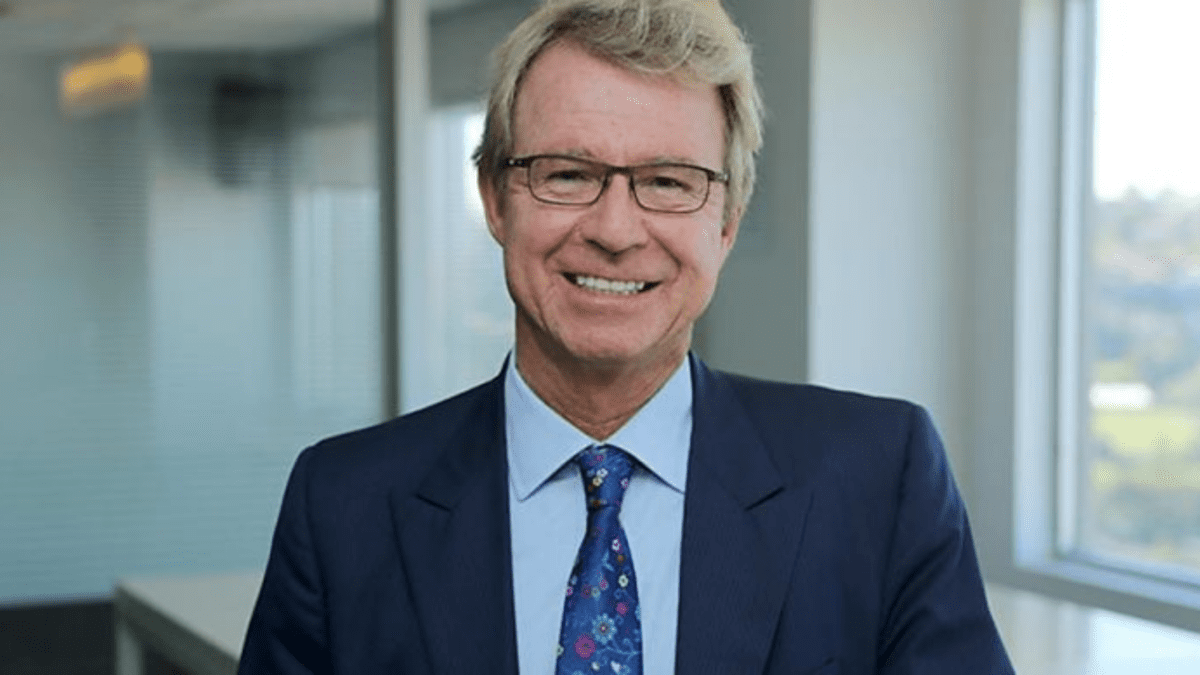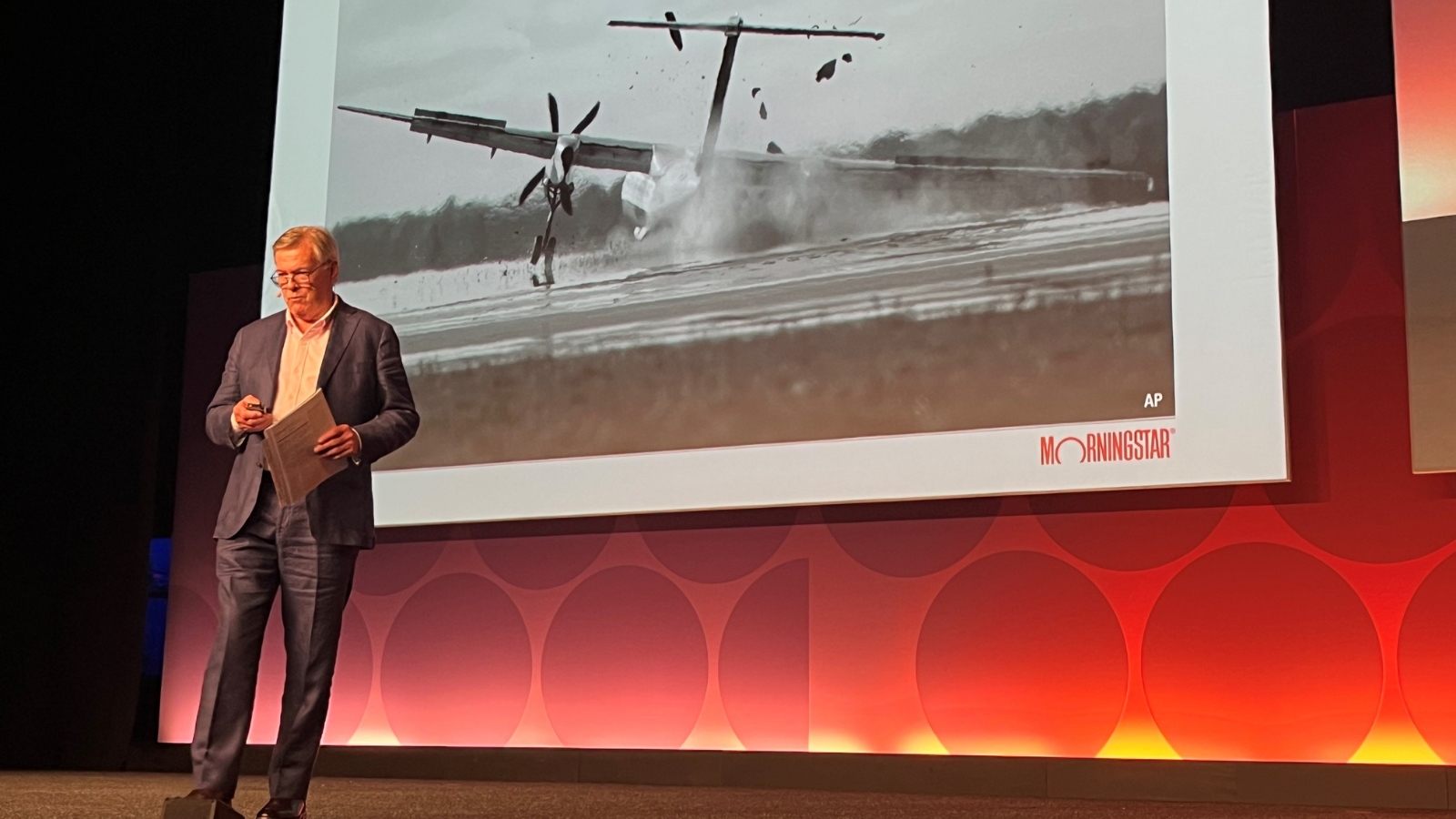‘Volatility will be here for a while yet’: Magellan
Platform provider, Praemium, hosted their latest Key Market Drivers for 2022. Host Damian Cilmi welcomed Nikki Thomas, PM of Magellan’s Global strategy, Paul Parsons of Northcape Capital and Charles Jamieson of Jamieson Coote Bonds, discussed the key market drivers for bonds, domestic and global equities over the remainder of this year and into 2023.
The panel focused on inflation, interest rates, how to position a portfolio in these market conditions and what to tell your clients for your upcoming end-of-year client meetings.
Nikki Thomas took a deep dive into global equities. Thomas agrees we’re living in a period of heightened uncertainty, where there are a lot of things playing out in global markets. Market volatility is likely to stay higher. In that period of uncertainty, Thomas says, “You’ve got to focus on some level of certainty, benchmark unaware, high conviction strategies. We want to be looking at those businesses where we can get a real conviction on what the outcomes are going to be for them.”
Thomas indicates that the US growth story is a lot more compelling than the China or Europe story. China is moving on stimulus but has a long way to go, especially with the lockdowns. The sanctions on Russia due to the Ukraine war have weighed heavily on Europe which could be in the midst of another recession. The strength of the US consumer is a standout and remains resilient. Finally, the upwards pressure on interest rates is going to be very effective in restraining global growth to bring inflation under control.
“We can be confident that inflation is going to come down, it’s just what pain we have to live through to get there,” says Thomas. She goes on to say, “The path of inflation is uncertain but leads to the degree of slowdown. It could be a mild slowdown. How bad is it going to be? Nobody knows. There’s a lot of guessing on how bad this is going to get.”

Thomas identifies big changes in trends. She calls these events ‘vectors’. The first vector is inflation being at a 40-year high and the unwinding of the emergency monetary and fiscal policy settings that were put in place to get through the pandemic. At the same time, the world is also experiencing climate change. The move away from fossil fuels to rebuild a new sustainable society is in effect inflationary. The war in Europe and China choosing a zero Covid policy, are two big vectors. China is talking about stimulus for when they re-open. The Government has already issued subsidies for electric car manufacturers to prop up the entire industry. How will this affect the material supply-side, with the current disruptions?
“All of these things go back to the first point, volatility is going to be for a little while yet,” says Thomas. “There are two things that will determine share prices going forward: Earnings outlook and rates settings. Determining whether companies can deliver results that are better than what is expected by the market. And what does the discount rate look like and are people comfortable with it? These two factors are crucial in positioning a portfolio,” notes Thomas.
Thomas says, “Our job is to seek relative certainty and find those businesses where we can see better growth. You can make small mistakes in the price you pay for stocks if you’re always in the growing part of the market. It will compensate for mistakes. But, buying businesses that are going backwards, there’s nothing that can accommodate a poor purchase price.”

Thomas has structured the Magellan portfolio to take into account companies that benefit from strong nominal dollar growth and have robust pricing power.
Mastercard is a great example. Franchised operations, such as KFC or Mcdonald’s, clip the ticket on a sale and don’t have a huge amount in costs that relate to the operational side of the restaurant. The portfolio is also positioned to take advantage of the post-Covid world. The re-opening of travel, socialising and services. And finally, companies that exhibit secular growth tailwinds. That is; companies are unaffected by short-term trends that aren’t seasonal or cyclical. Instead, they remain consistent over time. A good example is Google and Microsoft both are high-quality businesses that have grown earnings consistently over time.








